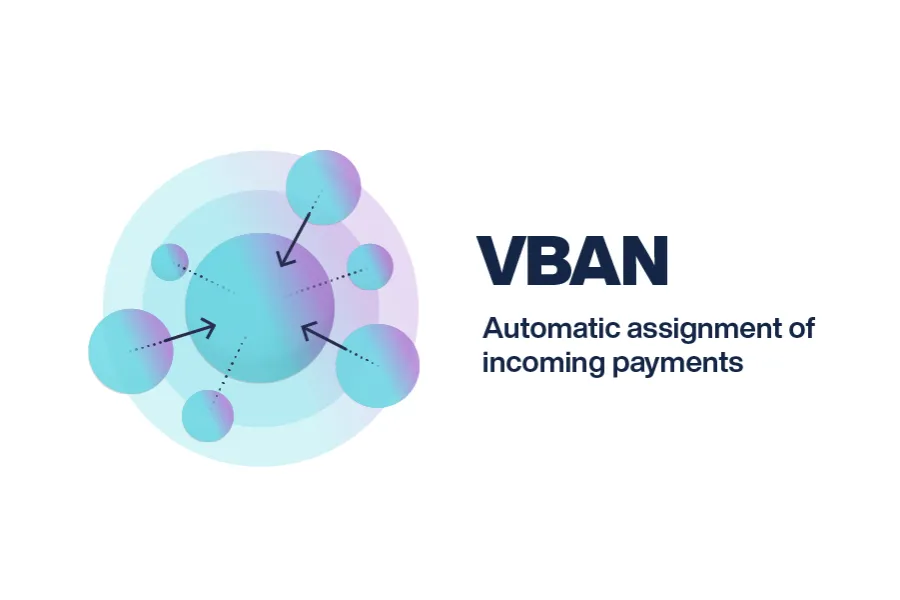
Bank Frick receives licence and opens branch in Dubai
Bank Frick has received its requested licence from the Dubai Financial Services Authority (DFSA) for a branch in Dubai. This strengthens its position as a product leader and enables it to tap into the strong growth potential of this financial centre.
















